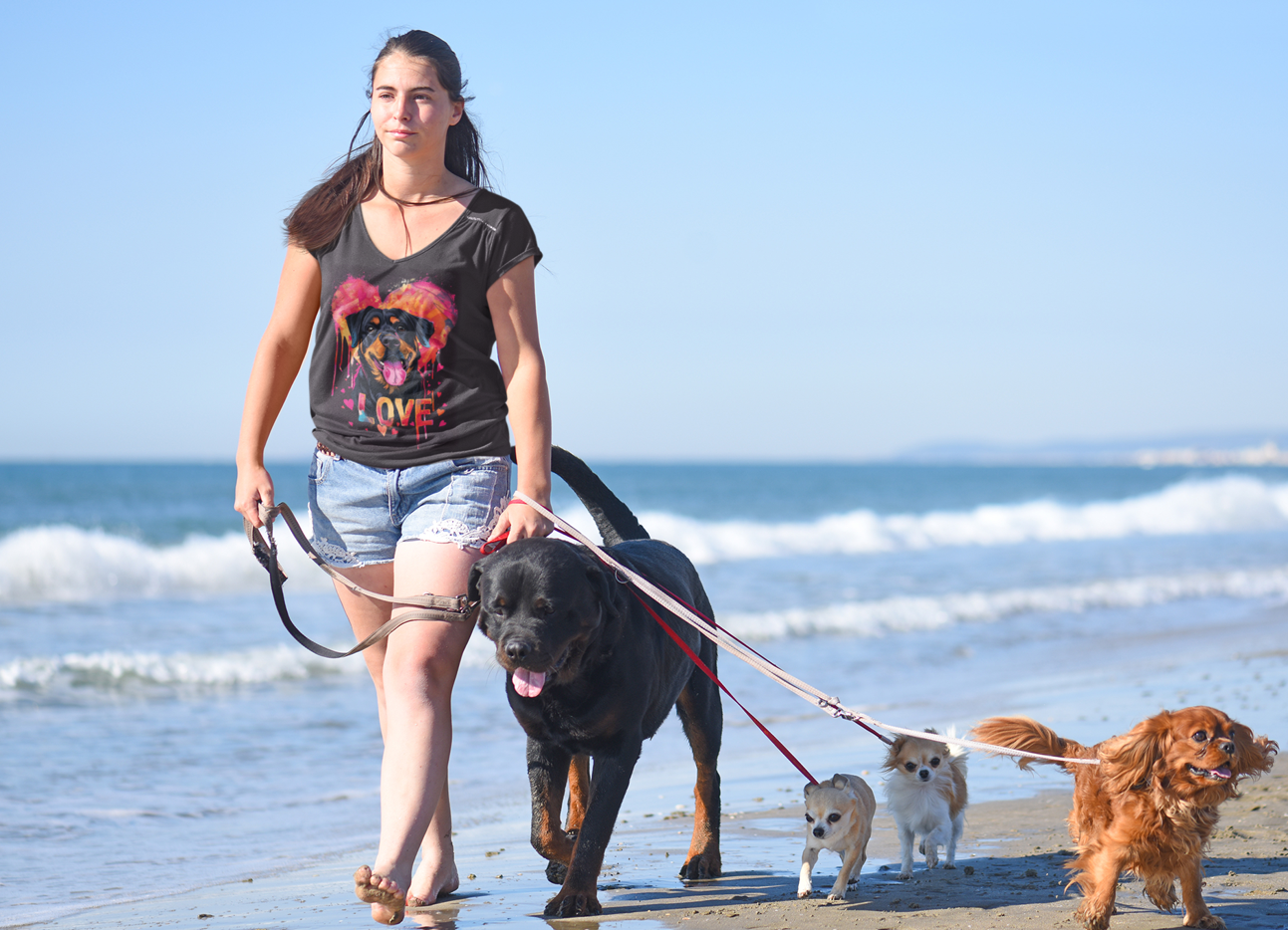Information All About Pugs
Traits, Health, and Care
Introduction: Pugs are beloved for their charming personalities, expressive faces, and affectionate nature. In this comprehensive guide, we'll delve into the unique characteristics, history, and essential information about Pugs, including their health and care needs.
Breed Characteristics: Pugs are known for their playful and sociable temperament, making them excellent companions for families and individuals alike. Their distinctive features include a wrinkled face, curled tail, and expressive eyes. Despite their small size, Pugs have a sturdy build and a lively disposition.
Temperament and Personality Traits: Pugs are friendly, outgoing, and affectionate dogs that thrive on human companionship. They are known for their playful antics and love to be the center of attention. Pugs are typically good-natured with children and get along well with other pets, making them ideal family pets.
Exercise and Activity Requirements: While Pugs enjoy short walks and indoor playtime, they are not overly active dogs and can adapt well to apartment living. Regular but moderate exercise is essential to prevent obesity and keep them mentally stimulated.
Grooming Needs: Pugs have a short, smooth coat that requires minimal grooming. Regular brushing helps remove loose hair and reduces shedding. Pay special attention to cleaning their facial wrinkles to prevent irritation or infection.
Lifespan and Health Considerations: While Pugs are generally healthy dogs, they are prone to certain health issues, including:
- Brachycephalic syndrome: Due to their flat faces, Pugs may experience breathing difficulties, especially in hot or humid weather.
- Eye problems: Pugs are susceptible to eye conditions such as dry eye, corneal ulcers, and progressive retinal atrophy.
- Obesity: Pugs have a tendency to overeat, so it's essential to monitor their diet and weight to prevent obesity-related health issues.
- Joint problems: Pugs may develop hip dysplasia or patellar luxation, so regular exercise and maintaining a healthy weight are crucial.
- Skin fold dermatitis: The folds on a Pug's face can trap moisture and debris, leading to skin infections if not kept clean and dry.
Compatibility with Families, Kids, or Other Pets: Pugs are affectionate and sociable dogs that typically get along well with children and other pets. Their playful nature makes them excellent companions for families of all ages.
Training and Socialization: Pugs respond well to positive reinforcement training methods and enjoy learning new tricks. Early socialization helps them develop good manners and adapt to various situations and environments.
Choosing a Pug: When considering a Pug as a pet, it's essential to choose a reputable breeder who prioritizes the breed's health and well-being. Adopting from a rescue organization is also a rewarding option for providing a loving home to a Pug in need.
Responsible Ownership: As a Pug owner, it's essential to provide proper veterinary care, nutritious diet, regular exercise, and lots of love and attention. Responsible ownership ensures a happy and healthy life for your Pug companion.
Conclusion: Pugs are delightful companions known for their affectionate nature and playful personality. Whether you're a seasoned Pug enthusiast or considering adding one to your family, understanding their unique traits, health needs, and care requirements is essential for providing them with a fulfilling and happy life. With proper love, care, and attention, your Pug will be a cherished member of your family for years to come.
Fast shipping
creativity and passion
Secure payment

Fetch Our Newsletter!
Join thousands of fellow dog lovers who receive tail-wagging updates, special offers, and sneak peeks at new arrivals directly in their inbox.
